Power
The accumulation of, the acceptance of, and the use of power are all explored in this section. The individual reigns of some monarchs are looked at such as those from the Tudor period, but so are other leaders, despotic and revolutionary. Contemporary issues of the use of power in a democracy are explored are more complex ideas around power through individual actions and movements in history.
Sort by:
Date (Newest first) | Title A-Z
Show:
All |
Articles |
Podcasts |
Multipage Articles
-
Agincourt 1415-2015
ArticleClick to view -
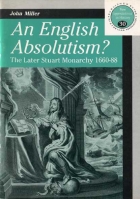
An English Absolutism?
ArticleClick to view -
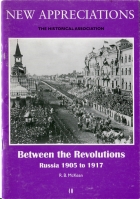
Between the Revolutions: Russia 1905 to 1917
ArticleClick to view -
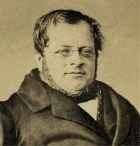
Cavour and Italian Unification
ArticleClick to view -

Czech Uranium and Stalin's Bomb
ArticleClick to view -

Ending the French Revolution
ArticleClick to view -
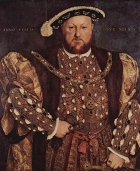
Faction in Tudor England
ArticleClick to view -
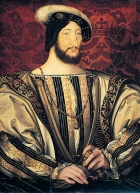
Francis I and Absolute Monarchy
ArticleClick to view -
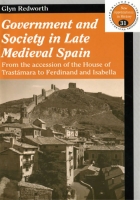
Government and Society in Late Medieval Spain
ArticleClick to view -

HA Podcast Series: James VI & I to Anne
Multipage ArticleClick to view -
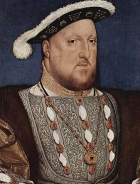
Henry VIII
ArticleClick to view -
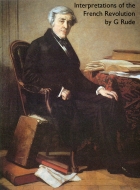
Interpretations of the French Revolution
ArticleClick to view -
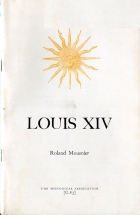
Louis XIV
ArticleClick to view -
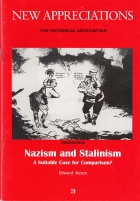
Nazism and Stalinism
ArticleClick to view -
Parliament, people or privilege: Do we need a better understanding of constitutional history?
ArticleClick to view -

Personality & Power: The individual's role in the history of twentieth-century Europe
ArticleClick to view -

Podcast Series: An Introduction to Magna Carta
Multipage ArticleClick to view -
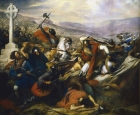
Podcast Series: Charlemagne and the Carolingian Empire
Multipage ArticleClick to view -

Podcast Series: Early Modern Ireland
Multipage ArticleClick to view -
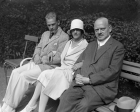
Podcast Series: German History 1918-1948
Multipage ArticleClick to view

